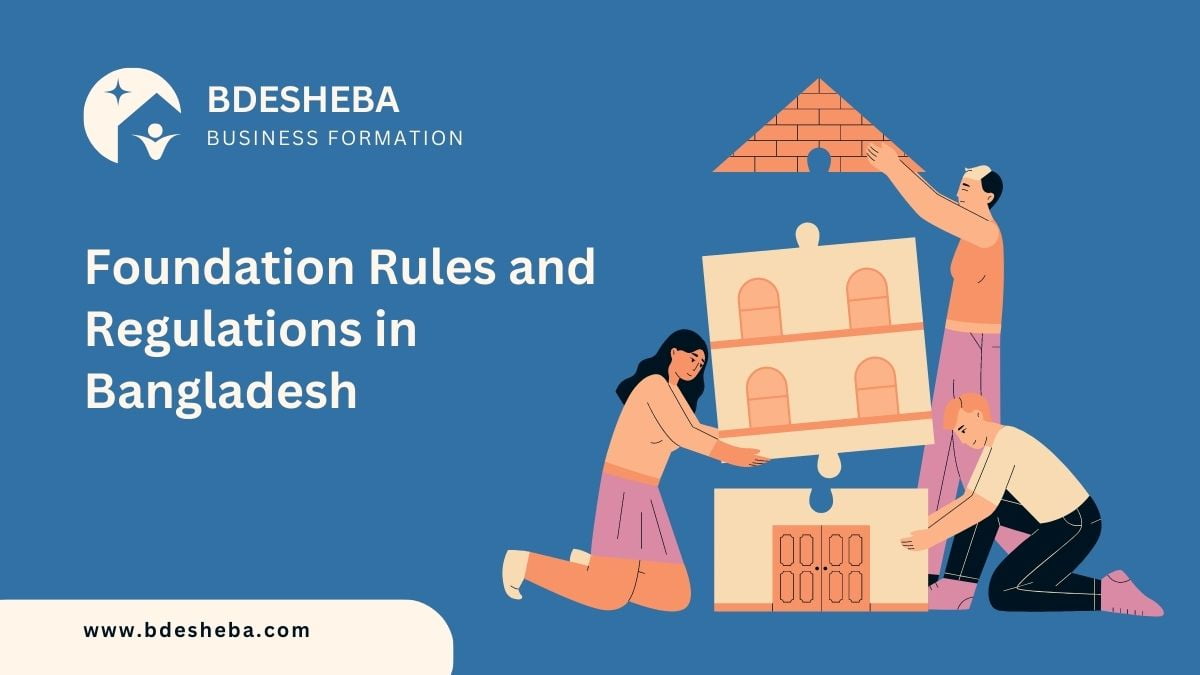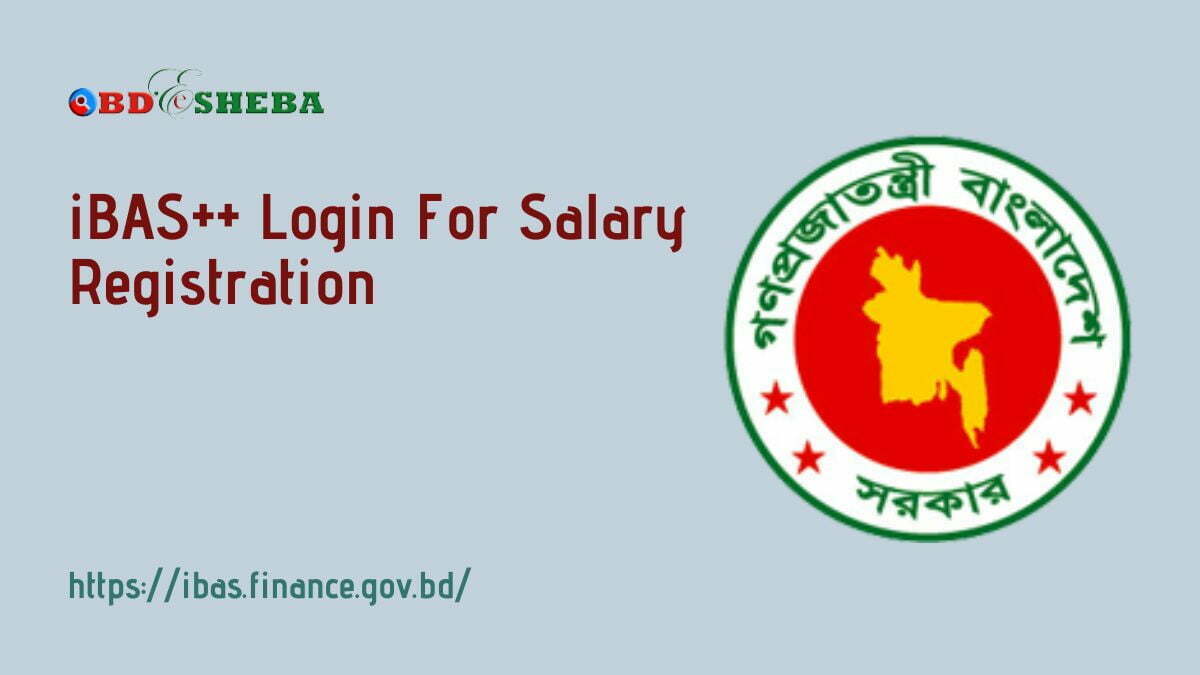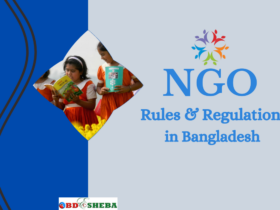There are many foundations in Bangladesh in private ownership or government ownership. The main objectives of all these foundations are different. Privately owned foundations have the main objective of profit-making, and public foundations have the main objective of public welfare.
However, although both have different goals and objectives, the same rules are applicable for running foundations as announced by the Government of Bangladesh. All those rules and regulations are presented.
Consider These To Run a Foundation In Bangladesh
Foundations are governed by the Trust Act of 1882 and the Voluntary Social Welfare Agencies (Registration and Control) Ordinance of 1961. These laws provide the legal framework for establishing and operating foundations in the country.
The Trust Act of 1882 defines a trust as an arrangement in which property is transferred to a trustee for the benefit of a specific purpose. It outlines the legal requirements for creating a trust, including the need for a trust deed that sets out the trust’s purpose, the identity of the trustee and the beneficiaries, and the trust management.
The Act also provides for appointing a legal guardian to oversee the administration of the trust. The Voluntary Social Welfare Agencies (Registration and Control) Ordinance of 1961 requires all foundations and other social welfare organizations to register with the government.
This law applies to organizations that provide services in education, health, social welfare, or any other charitable purpose.
The law mandates that organizations apply for registration, along with a copy of their constitution and bylaws, a list of organization members, and other relevant documents. The government may refuse to register an organization if it does not meet the requirements.
Foundation Laws and Regulation
Foundations in Bangladesh are also subject to the Income Tax Ordinance of 1984, which requires all non-profit organizations to obtain a tax identification number and file an annual tax return.
Additionally, foundations must comply with other relevant laws and regulations, such as the Foreign Donations (Voluntary Activities) Regulation Ordinance of 1978, which governs the receipt of foreign donations by non-governmental organizations.
- Registration: In Bangladesh, foundations must register with the government under the Voluntary Social Welfare Agencies (Registration and Control) Ordinance of 1961.
- The registration process involves submitting an application to the government along with relevant documents, such as the foundation’s constitution and bylaws, a list of members, and other relevant information. Once registered, the foundation must submit an annual report to the government.
- Governance: Foundations in Bangladesh are governed by a board of trustees responsible for managing the foundation’s affairs.
- The board must act in the best interests of the foundation and ensure that its activities are aligned with the foundation’s stated goals and objectives. The board is also responsible for ensuring the foundation complies with all applicable laws and regulations.
- Taxation: Foundations in Bangladesh are subject to the Income Tax Ordinance of 1984, which requires all non-profit organizations to obtain a tax identification number and file an annual tax return. To comply with tax laws, the foundation must maintain proper books and records, including all financial transactions.
- Foreign Donations: Foundations in Bangladesh are subject to the Foreign Donations (Voluntary Activities) Regulation Ordinance of 1978, which regulates the receipt of foreign donations by non-governmental organizations.
- Under this law, foundations must obtain prior approval from the government before accepting any foreign donations. The foundation must also maintain proper records of all foreign donations received.
- Reporting: Foundations in Bangladesh must submit an annual report to the government, including information on the foundation’s activities and financial position. The report must be submitted within six months of the end of the foundation’s financial year.
So this is all about Bangladesh’s foundation rules, laws, and regulations. Though the purposes of the public and private foundations differ, the rules and laws are applied in both sectors. Please stay with us to get all updated regularly. Thank you.






Leave a Reply